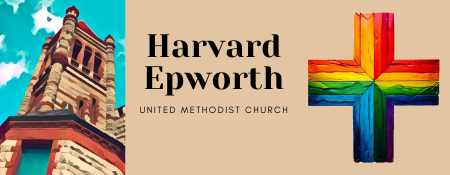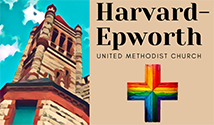Last night, the Wednesday Study and Spirit class shared a powerful and provocative discussion about Dietrich Bonhoeffer, and how his world of 1930s Germany seems eerily similar to the United States some ninety years later. Then this morning, while still mulling the conversations of last night over breakfast coffee, I read an unfamiliar phrase in an article by the Rev. Cameron Trimble. The phrase was “Totalizing Fantasy.” I quickly went to Google to look it up.
Most of the Google hits for the term were in dense scholastic journals, but despite that, I think I gleaned the gist of it: a “totalizing fantasy” refers to a belief or idea that seeks to encompass or explain everything, often in a way that is overly simplistic or dogmatic. It can be seen as a grand narrative or worldview that claims to have all the answers and leaves no room for nuance or alternative perspectives.
Still steeped in the Bonhoeffer discussion, I immediately realized that Nazism was a totalizing fantasy for its time and place: It offered an easy scapegoat to blame for complex problems, a comforting narrative of history divorced from reality, and promised harsh punishments for anyone who challenged the approved narrative. The vast majority of Catholics and Protestants in Germany supported the totalizing fantasy, twisting and shrinking the Gospel to make room for a nationalistic, antisemitic, violence-glorifying Christianity that must be purified from all that would contaminate it. As Pastor Martin Niemöller reflected, “First they came for the Communists . . .”
Bonhoeffer is an important figure because he not only challenged this totalizing fantasy intellectually, but he also acted to jam the political mechanisms the enabled the fantasy. Perhaps most importantly, Bonhoeffer created an alternative faith community (The Confessing Church) to challenge the totalizing fantasy. The Confessing Church had a different vision of Jesus, one that saw Christ embodied among the poor, marginalized, and oppressed. And it had a radically different idea about what it was to follow Christ: a “costly discipleship” that called believers toward the transforming, suffering, serving, dangerous path of Jesus to the cross, rather than the cheap discipleship of the nationalist Church that promised only victory and glory.
Cameron Trimble’s use of the term totalizing fantasy applied to a more modern twisting of history and theology: MAGA (Make America Great Again) which is desperately trying resurrect a fictionalized American past by creating a dystopian present where women, black and brown folk, immigrants, and LGBTQIA+ people are blamed for all problems and silenced or disappeared to fix the nation. White Nationalist Christianity has twisted and shrunk the Gospel in order to accommodate MAGA, creating a church that is more than ready to applaud voting rights being threatened, human right being curtailed, and Fulbright scholars being kidnapped in broad daylight by masked ICE agents.
After our Bonhoeffer discussion last night, I have to wonder: What does a “Confessing Church” look like in 2025? How does it challenge the Totalizing Fantasy that is dominant in large swaths of our nation? And will the faithful disciples of Harvard-Epworth UMC help to create a Confessing Church for Costly Discipleship in this new moment?
Shalom, Salaam, Peace,
Pastor Mitch

